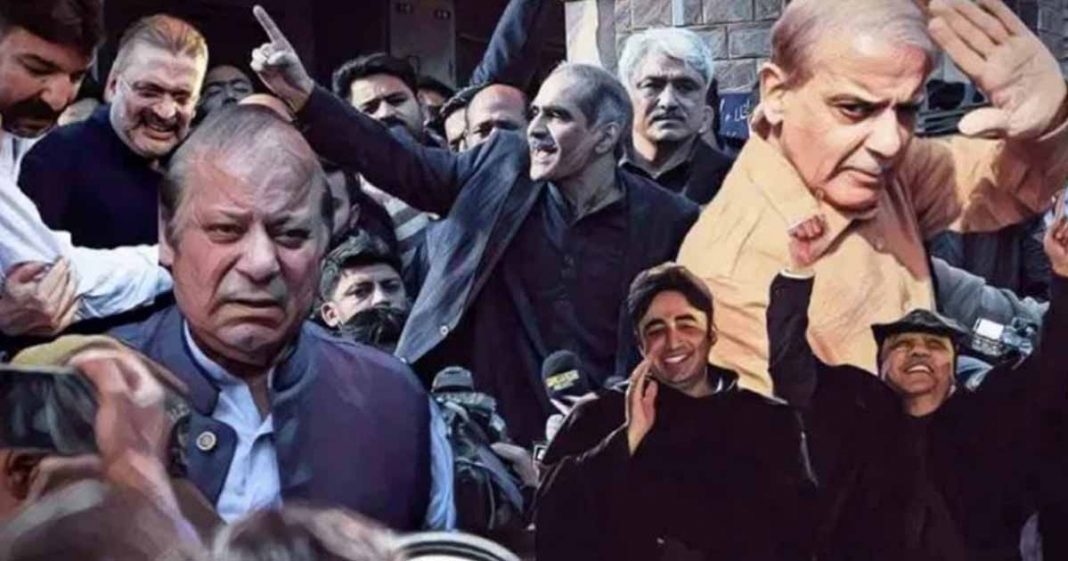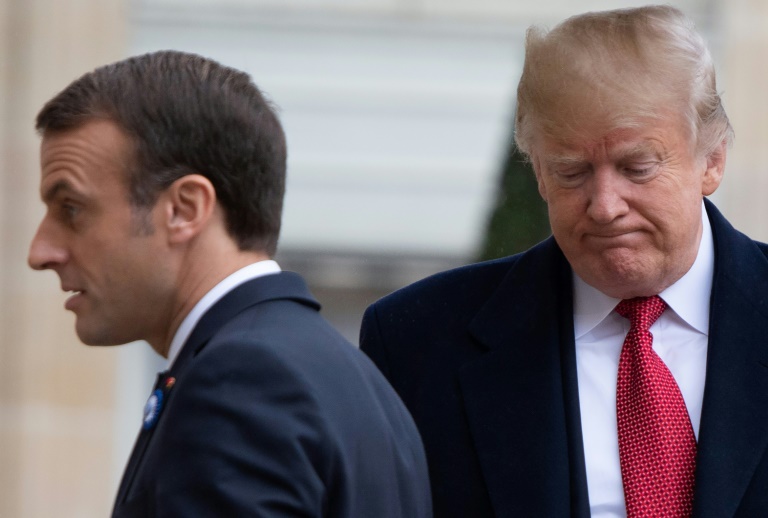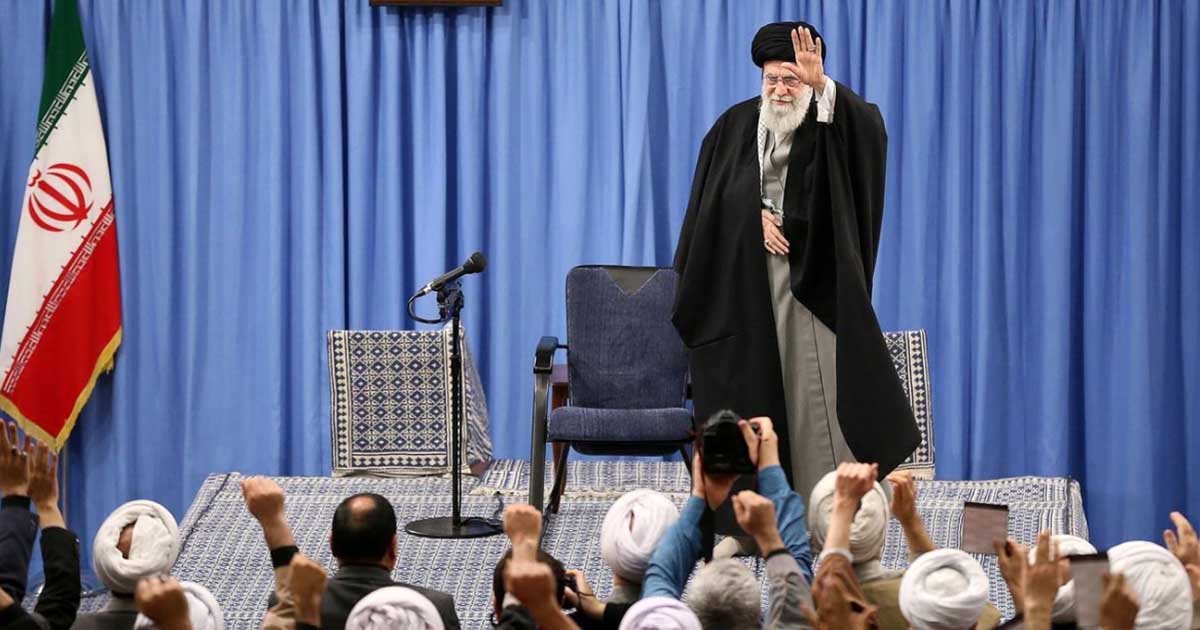The relationship between Pakistani politicians and the Pakistan Army – their “goddess of revenge”, is best exemplified by the duet performed by the Italian singer Luciano Pavarotti, and Celine Dion – the Canadian artist famous for her Titanic theme song. Pavarotti was asked to perform the elegy at Lady Diana’s funeral in 1997. Overcome with grief, Pavarotti initially declined even to attend the event, let alone perform. He then chose this song, but eventually decided he would come purely as a guest rather than a participant – he was visibly shaken. The lyrics:
I’d like to run away from you
But if I were to leave you I would die
I’d like to break the chains you put
Around me
And yet I’ll never try
No matter what you do you drive me
Crazy
I’d rather be alone
But then I know my life would be so
Empty………
You make me live
You make me die
You make me laugh
You make me cry for you……
Read more: Pakistani politicians and their dishonourable conduct
Understanding the matter better
The enigmatic relationship between the contestants for power and the power brokers in Pakistan was never more pronounced than in the aftermath of the Lettergate scandal that, Imran Khan alleges, toppled his government. Before the litany of “neutrals”, we had “the Agriculture Department” and “the Khalai Makhlooq”. Whether we like it or not, this love-hate relationship is getting reinforced with every passing day. There also appears a very obvious balancing act by the judiciary. The same courts whom PTI had accused of showing bias in favor of the pre- No Confidence Motion opposition, to the chagrin of PDM, are now giving relief to Imran Khan even in the face of his violation of the court edicts.
The factors determining the role of the Pakistan Army in the national affairs are:-
- Since 1958, power in Pakistan has alternated between pseudo-democratic and military governments. We say pseudo- democratic because frequent military interventions have throttled nurturing of a democratic culture. This again-off again jockeying for power has created a deep chasm between the politicians and the military.
- A few political dynasties are ruling the roost. These dynasties control the political parties where there are no internal elections and an inner circle makes all the important appointments. The parties are run like fiefs and the electorate is hoodwinked through false promises and catchy slogans.
- Over the last four decades, successive Pakistani governments have, through cronyism, destroyed the major industries and stagnated agricultural production.
- After depleting the country of its industrial assets, the successive political governments have encouraged the emergence of a few cartels which control the entire economy. Presently, the economy is being held hostage to sugar, fertilizer, and textile barons. Most of them are politicians and retired civil and military bureaucrats.
- Pakistan needs a strong military to keep its neighborhood secure. And the military has to be properly budgeted and equipped to squarely face the security threat. Those who talk of downsizing the armed forces should understand that to simply defend itself against India, Pakistan needs an army one-third the size of the Indian Army, plain and simple.
- The economy of Pakistan, as it stands today, cannot support the armed forces to even maintain a semblance of a viable defensive posture. And this is happening when the army and the air force are still fighting the foreign-sponsored terrorists in almost the whole of Pakistan.
- Pakistan’s security constraints have forced it, like Israel, to develop nuclear weapons and, like the United States, the erstwhile Soviet Union, and France* get hold of conventional and nuclear military technology from wherever it is available.
- In such a situation, when Pakistan’s armed forces are financially hamstrung in meeting their defence needs, they will continue to play a larger-than-life role in the national decision-making process.
- It would be worthwhile to remind the readers how these countries had dismantled entire aircraft factories, rocket designing centers along with rockets, and tank manufacturing and ammunition plants from Nazi Germany and shipped them home.
Read more: List of ‘most entertaining’ ways Pakistani politicians embarrassed themselves in 2019
Considering the 2020-21 national budget as the yardstick, this is how Pakistan’s national budget unfolds (all figures in USD) :
Earnings
Revenue Collection –34.2 billion
Exports –25.3 billion
Foreign remittances -29.4 billion
TotalEarnings -88.9 billion
Expenses:
Debt Servicing – 7.4 billion
Imports – 56.308 billion
Defense – 8.0 billion
Total expenses; 71.708 billion
Remainder:17.192 billion ( Left for health, education, annual development, etc.)
To balance their budgets successive Pakistani governments prostrate before the IMF for a paltry amount of 2-3 billion dollars, released over a 2-3 year period. It is because IMF controls all the other financial institutions like the World Bank, Asian Bank, the Saudi and UAE coffers, and also the FATF instrument of financial terror.
Read more: Will CPEC force China to trust Pakistani Politicians?
The Army, it seems, appears mesmerized with the prospect of bringing in a technocrat set up – another Moin Qureshi. Reportedly, interviews have been conducted to select another IMF crony, another stage doctor, who would heal Pakistan’s chronically ailing economy. This was tried in 1993 by General Waheed Kakar. The problem with such a setup is that the technocrat PM is only loyal to his IMF masters. Resultantly, the economy, in the long run, reverts to its default state.














